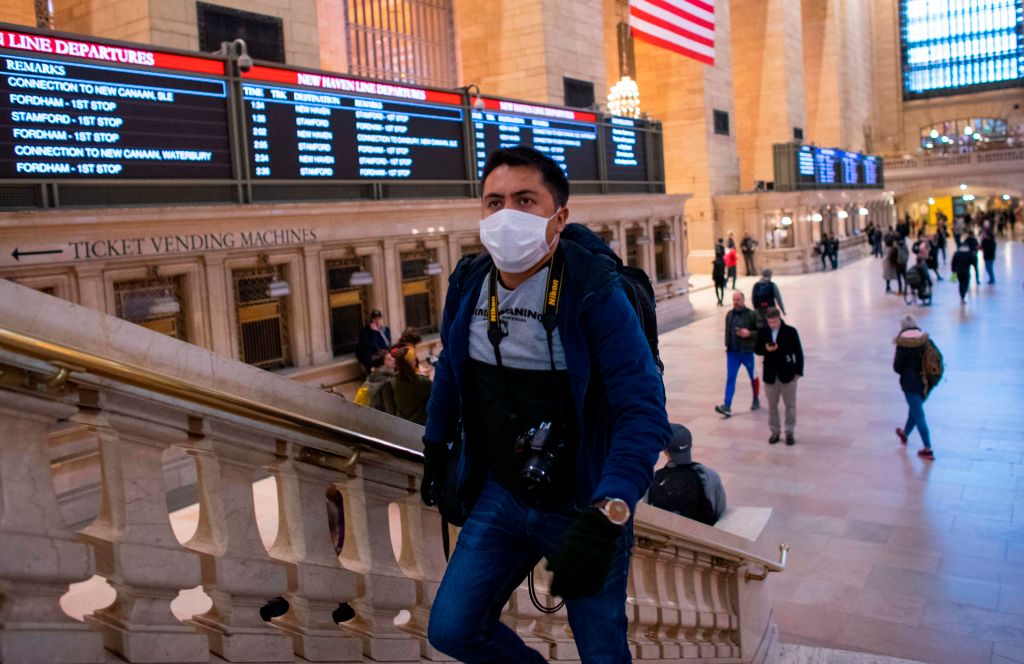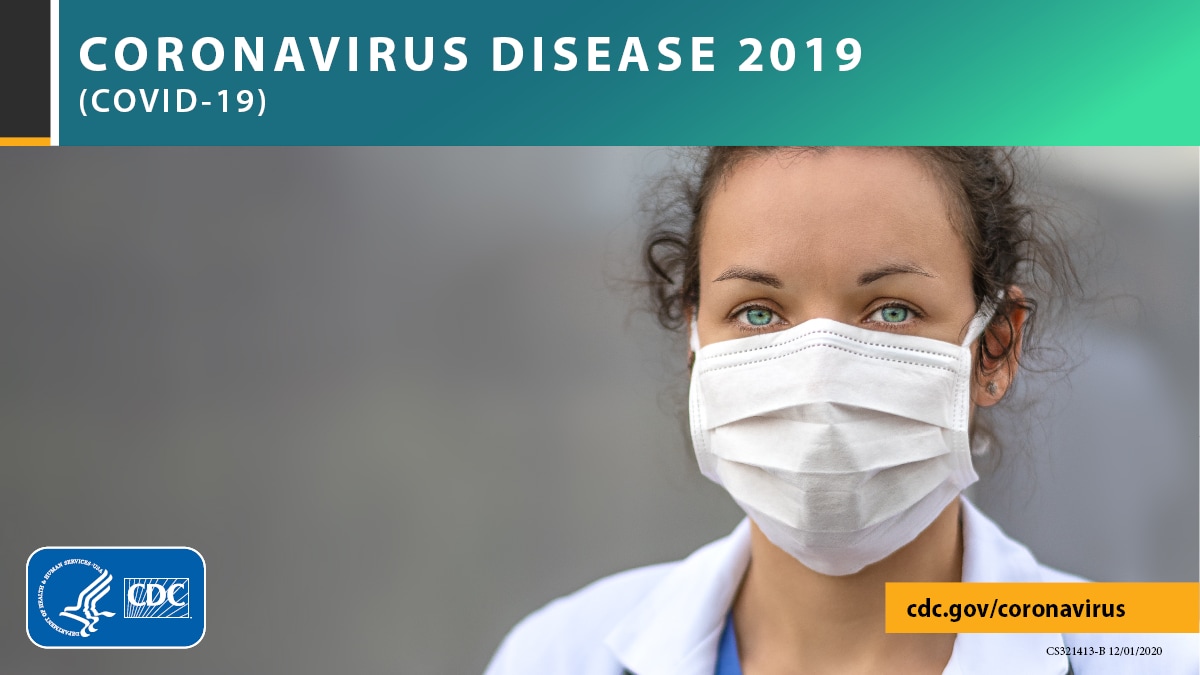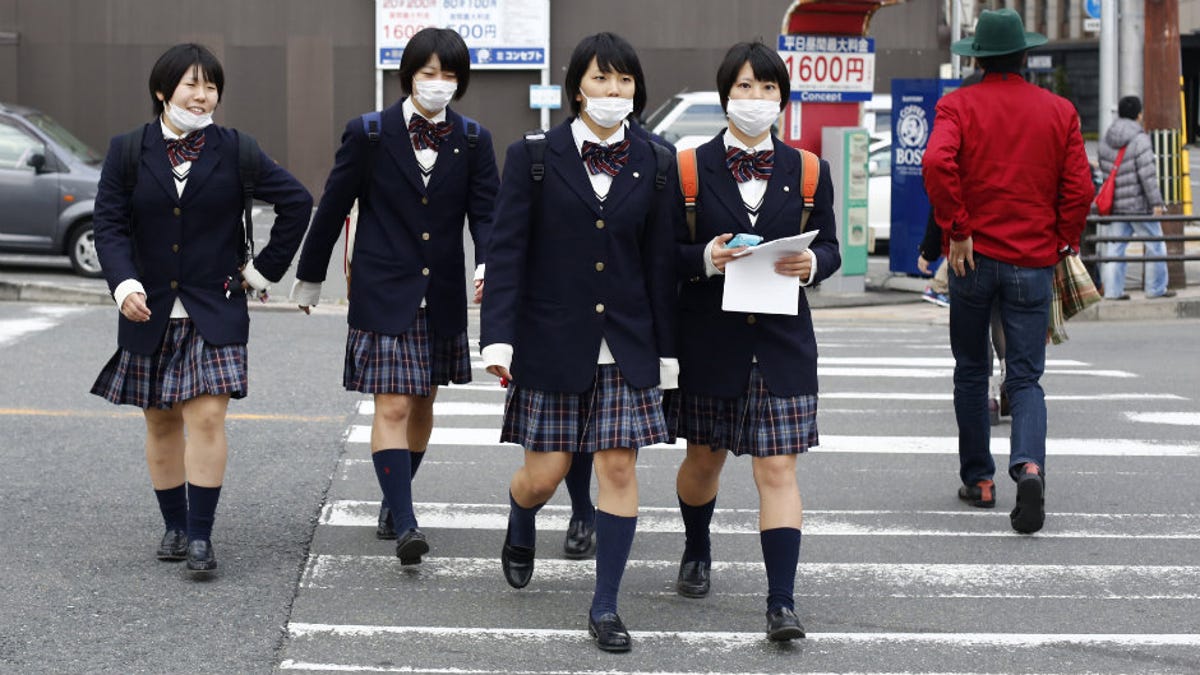"Cheryl Man is usually the only one wearing a face mask on her New York City subway train. She notices this, but other people on the train notice, too. Usually she just gets odd stares from other commuters. But on Tuesday morning, when she was walking to school, a group of teens jeered at her and coughed in her direction.
"I felt very humiliated and misunderstood," says Man, a 20-year-old student and research assistant who is ethnically Chinese.
Man also feels the stigma at her workplace, where she keeps her mask on. None of her colleagues wear a face mask, and some of them have asked her if she is sick.
"Why do they think it's about me? It's a civic duty," she says. "If I have a mask on, and if—touch wood—I'm infected, I could cut the chain off where I am. That could save a lot of people."
"As COVID-19 continues to spread globally, it has become clear there are two schools of thought in regards to face masks for the public. "
On the one hand is the view shared by Dr. William Schaffner, a professor in Vanderbilt University's Division of Infectious Diseases, who says that medical masks commonly worn by members of the public do not fit snugly around the nose, cheeks and chin.
"And if there's a general recommendation that people wear face masks, we won't have enough supply for healthcare workers," he says, adding that his colleagues have already been reporting shortages. "The priority should be face masks to use in the healthcare environment, rather than in our community."
But, David Hui, a respiratory medicine expert at the Chinese University of Hong Kong who studied the 2002 to 2003 outbreak of severe acute respiratory syndrome (SARS) extensively, says it's "common sense" that wearing a mask would protect against infectious diseases like COVID-19.
"If you are standing in front of someone who is sick, the mask will give some protection," Hui says. "The mask provides a barrier from respiratory droplets, which is predominantly how the virus spreads."
He also says that the role of a face mask may be especially important in the epidemic due to the nature of the virus. Patients with COVID-19 often have mild or even no symptoms, and some researchers believe it can also be transmitted when patients are asymptomatic—meaning patients can be contagious and don't know they're sick.
Hui adds that the lack of solid evidence supporting the effectiveness of masks against the virus is no reason to dismiss its use, because there may never be definitive scientific proof. A properly controlled study would be impossible to conduct ethically, he explains. "You can't randomize people to not wear a mask, and some to wear a mask, and then expose them all to the virus," he says.
Joseph Tsang, an infectious disease specialist who also worked as a consultant for the city's Hospital Authority, says the purpose of wearing a mask is two-fold. "Wearing a mask is not just for protecting yourself from getting infected, but also minimizing the chance of potential infection harboring in your body from spreading to people around you," he tells TIME.
Tsang says the three layers of a surgical mask filter help reduce the risk of contact with droplets, through which the virus is transmitted. "Whenever you foresee to have someone within two to three meters (6.5 to 10 feet) apart, then it's better to wear a mask," Tsang adds."

 time.com
time.com
So...Reason not to wear a mask is...supply, which is a issue that can be solved by making more mask, people not know how to wear a mask, which can be solved by educating them how to wear one?
And a lack of research on whether it is useful or not, because there is no ethical way to conduct such a test, then the only way is to see actual case where population wear and one don't?
"I felt very humiliated and misunderstood," says Man, a 20-year-old student and research assistant who is ethnically Chinese.
Man also feels the stigma at her workplace, where she keeps her mask on. None of her colleagues wear a face mask, and some of them have asked her if she is sick.
"Why do they think it's about me? It's a civic duty," she says. "If I have a mask on, and if—touch wood—I'm infected, I could cut the chain off where I am. That could save a lot of people."
"As COVID-19 continues to spread globally, it has become clear there are two schools of thought in regards to face masks for the public. "
On the one hand is the view shared by Dr. William Schaffner, a professor in Vanderbilt University's Division of Infectious Diseases, who says that medical masks commonly worn by members of the public do not fit snugly around the nose, cheeks and chin.
"And if there's a general recommendation that people wear face masks, we won't have enough supply for healthcare workers," he says, adding that his colleagues have already been reporting shortages. "The priority should be face masks to use in the healthcare environment, rather than in our community."
But, David Hui, a respiratory medicine expert at the Chinese University of Hong Kong who studied the 2002 to 2003 outbreak of severe acute respiratory syndrome (SARS) extensively, says it's "common sense" that wearing a mask would protect against infectious diseases like COVID-19.
"If you are standing in front of someone who is sick, the mask will give some protection," Hui says. "The mask provides a barrier from respiratory droplets, which is predominantly how the virus spreads."
He also says that the role of a face mask may be especially important in the epidemic due to the nature of the virus. Patients with COVID-19 often have mild or even no symptoms, and some researchers believe it can also be transmitted when patients are asymptomatic—meaning patients can be contagious and don't know they're sick.
Hui adds that the lack of solid evidence supporting the effectiveness of masks against the virus is no reason to dismiss its use, because there may never be definitive scientific proof. A properly controlled study would be impossible to conduct ethically, he explains. "You can't randomize people to not wear a mask, and some to wear a mask, and then expose them all to the virus," he says.
Joseph Tsang, an infectious disease specialist who also worked as a consultant for the city's Hospital Authority, says the purpose of wearing a mask is two-fold. "Wearing a mask is not just for protecting yourself from getting infected, but also minimizing the chance of potential infection harboring in your body from spreading to people around you," he tells TIME.
Tsang says the three layers of a surgical mask filter help reduce the risk of contact with droplets, through which the virus is transmitted. "Whenever you foresee to have someone within two to three meters (6.5 to 10 feet) apart, then it's better to wear a mask," Tsang adds."

Why Face Masks Are Encouraged in Asia, but Shunned in the U.S.
While wearing a mask in the face of the COVID-19 outbreak is second nature to people in parts of Asia, health experts in the West suggest otherwise
So...Reason not to wear a mask is...supply, which is a issue that can be solved by making more mask, people not know how to wear a mask, which can be solved by educating them how to wear one?
And a lack of research on whether it is useful or not, because there is no ethical way to conduct such a test, then the only way is to see actual case where population wear and one don't?







